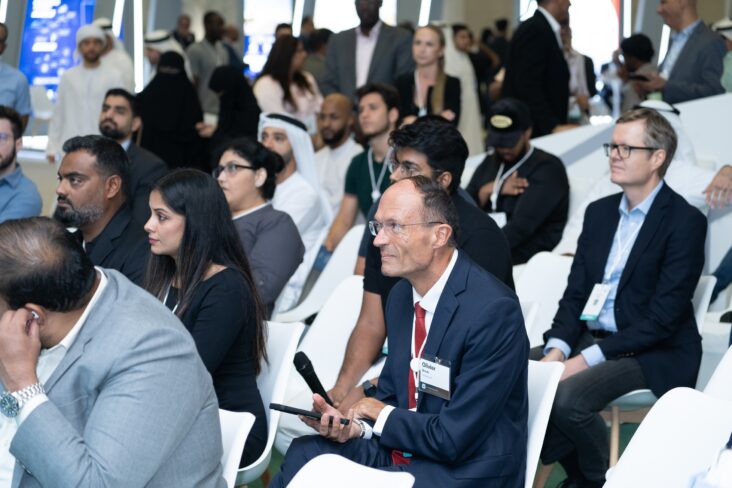SIF 2024 Hosts Expert-Led Workshops On Navigating Uncertainty And Driving Innovation

The second and final day of the Sharjah Investment Forum (SIF 2024) focused on equipping businesses with future-proof strategies, emphasised the importance of deftly navigating uncertainty, building resilience and taking an innovation-first approach to seize emerging opportunities. Thursday’s expert-led workshops offered valuable insights into how organisations can apply foresight and innovative planning techniques to stay resilient against disruptions and adapt to market dynamics.
Strategic foresight for future business planning
In a lively session titled ‘The Future Economy: Strategic Foresight for Long-Horizon Planning’, Katia Al-Kaisi, CEO of Education House Finland and a foresight expert at Futures Platform, highlighted how conventional planning often revolves around the most likely scenarios, leaving businesses unprepared for unexpected disruptions.
Citing eventualities such as pandemics and rapid technological shifts, the CEO emphasised the need for businesses to widen their scope and consider not only probable futures but also possible ones, stressing that the biggest disruptions frequently arise from unforeseen places.
The session concluded with an interactive radar exercise, during which attendees were invited to vote on trends and phenomena that could influence future business environments. This reinforced the importance of continuous horizon scanning to spot emerging opportunities and threats.
Role of emerging technologies in building high-impact start-ups
In the concluding workshop, ‘The Role of Emerging Technologies in Building High-Impact Start-Ups: A Tech Start-Up Case Study And Insights On Attracting Foreign Investors,’ Reg Athwal, Founder and CEO of Verchool Holdings, focused on the role of emerging technologies in driving the success of high-impact startups.
Athwal explained the SMART framework—an acronym for Solution, Model, Adoption, Relationships, and Team—designed to guide entrepreneurs in building strong, future-ready startups. He broke down the SMART approach, starting with the importance of developing solutions that address real market problems. The CEO also highlighted the need for a sustainable business model that ensures consistent revenue generation.
The speaker emphasised on patience, persistence, adaptability and an innovation-first approach as necessary tools in a business toolbox, particularly in dealing with delayed customer acceptance of new technologies. He finally underscored the need to build strong relationships with investors and partners and build a ‘dream team’, which is the cornerstone of any successful startup.


